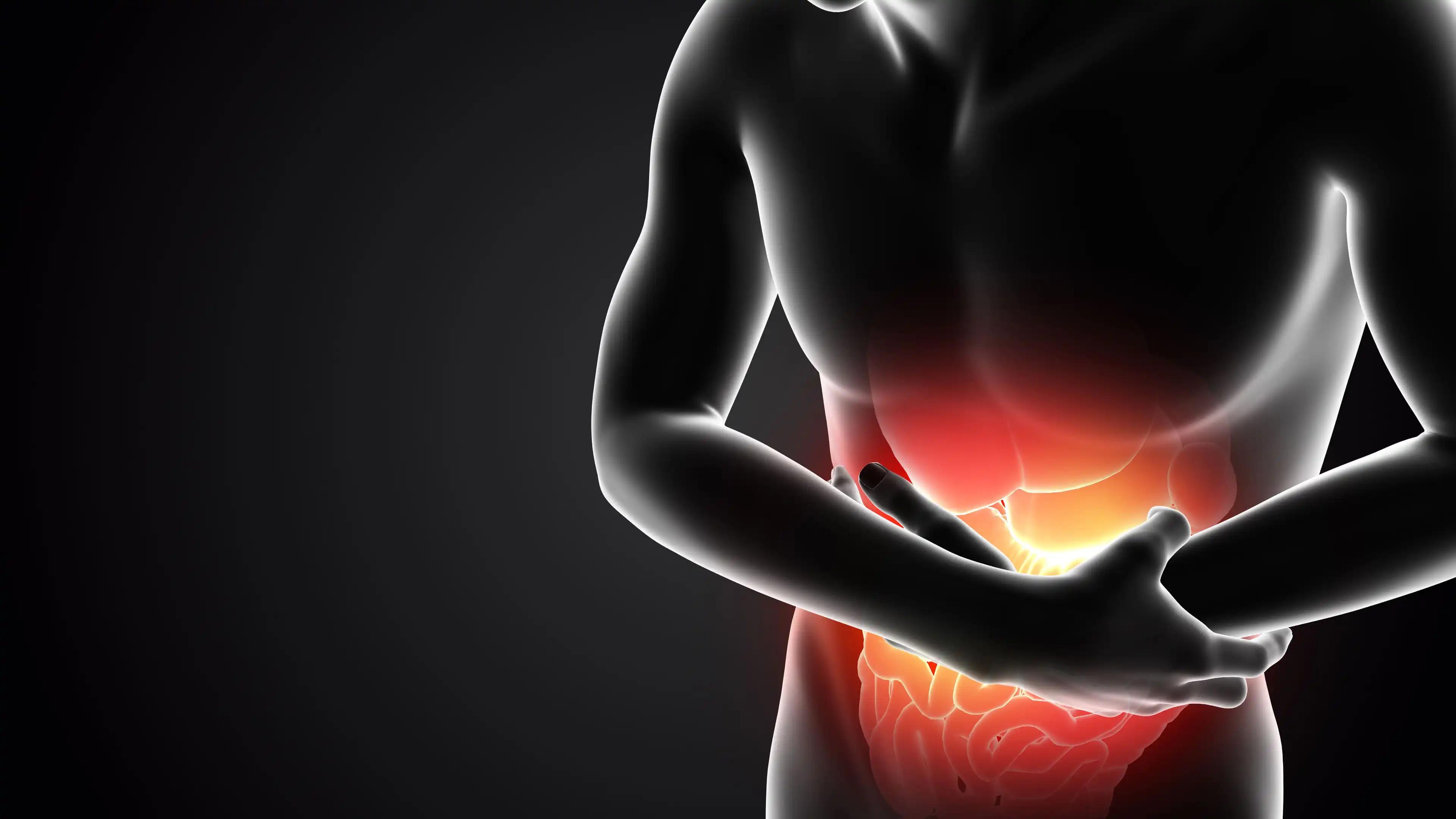KEY TAKEAWAYS
- The BISQUIT phase 2 trial aimed to assess the impact of PreProbiotics during CRT in pts with stage ≥ T2N0M0 SCCA.
- The primary endpoint was to calculate cCR 8 weeks post-CRT.
- There was no significant impact of the use of PreProbiotics was observed in pts being treated with CRT for SCCA.
The intestinal microbiota affects the onset of colorectal cancer and the substitution of “carcinogenic” bacteria with a defensive microbiota has motivated research with PreProbiotics. Yet, there are no such studies in squamous cell carcinoma of the anal canal (SCCA).
Rachel S. Riechelmann and the team investigated the effect of PreProbiotics administered during chemoradiotherapy (CRT) in patients (pts) with stage ≥ T2N0M0 SCCA.
Researchers administered the PreProbiotics (Symbioflora containing Lactobacillus sp, Bifidobacterium lactis, and fructooligosaccharide) starting one week before and throughout CRT until 8 weeks post-therapy in pts with stage ≥ T2N0M0 SCCA. Pts eligible for CRT were randomly assigned to receive or not receive PreProbiotics. Patients undergoing antibiotic treatment were excluded from the study.
The primary objective was to assess the complete clinical response (cCR) at 8 weeks post-CRT. The secondary endpoints included evaluating cCR at 6 months, assessing metabolic response using 18-FDG PET scans at 8 weeks, determining tolerability (defined as completing CRT within < 7 weeks), examining circulating HPV kinetics via real time- polymerase chain reaction (RT-PCR), and analyzing changes in fecal microbiota through 16S rRNA gene sequencing. The study was designed with a planned sample size of 75 pts, and interim analyses were conducted to monitor progress and preliminary outcomes.
Results revealed that from May 2019 to December 2022, a total of 34 pts were enrolled in the study. Among them, 79% were female, 2 were HIV positive, and 73.5% had stage III SCCA. HPV DNA was detected in 83.3% of the tumors. Of these pts, 32 received platin-fluoropyrimidine CRT and 31 underwent intensity-modulated radiation therapy (IMRT). Baseline characteristics such as age, stage, ECOG performance status, and radiation dose were comparable between the Control and PreProbiotics groups.
At 8 weeks post-CRT, the rates of cCR were 83.3% in the control group compared to 62.5% in the PreProbiotics group (P = 0.16). Similarly, rates of complete metabolic response were 87% in the Control group versus 67% in the PreProbiotics group (P = 0.19). At 6 months, cCR rates were 88.8% and 87.5%, respectively.
There were no significant differences between the Control and PreProbiotics groups in terms of grade 3/4 toxicities (72.2% vs 62.5%; P = 0.54) or in the proportion of pts requiring ≥ 7 weeks to complete CRT (16.6% vs 18%; P = 0.10). Analysis of fecal microbiota did not reveal significantly different abundances of bacterial genera with the use of PreProbiotics or between groups post-CRT (Wilcoxon test, all P > 0.05). Furthermore, no specific patterns of fecal bacteria predictive of grade 3/4 toxicities or CRT tolerability were identified in either study group.
The kinetics of HPV cDNA analysis will be presented separately to provide further insights into the study outcomes.
The trial concluded that the use of PreProbiotics during CRT for localized SCCA did not influence cCR rates, tolerability, or fecal microbiota.
The trial was sponsored by AC Camargo Cancer Center.
Source: https://cslide.ctimeetingtech.com/esmogi24hybrid/attendee/confcal/show/session/3
Clinical Trial: https://www.clinicaltrials.gov/study/NCT03870607
Riechelmann R S, Camandaroba M, Silva V S E, et al. (2024). “BISQUIT: A randomized phase II trial of Prebiotics and Probiotics (PreProbiotics) during chemoradiation (CRT) for patients (pts) with squamous cell carcinoma of the anal canal (SCCA).” Presented at ESMO-GI 2024, (Abstract 229P).



